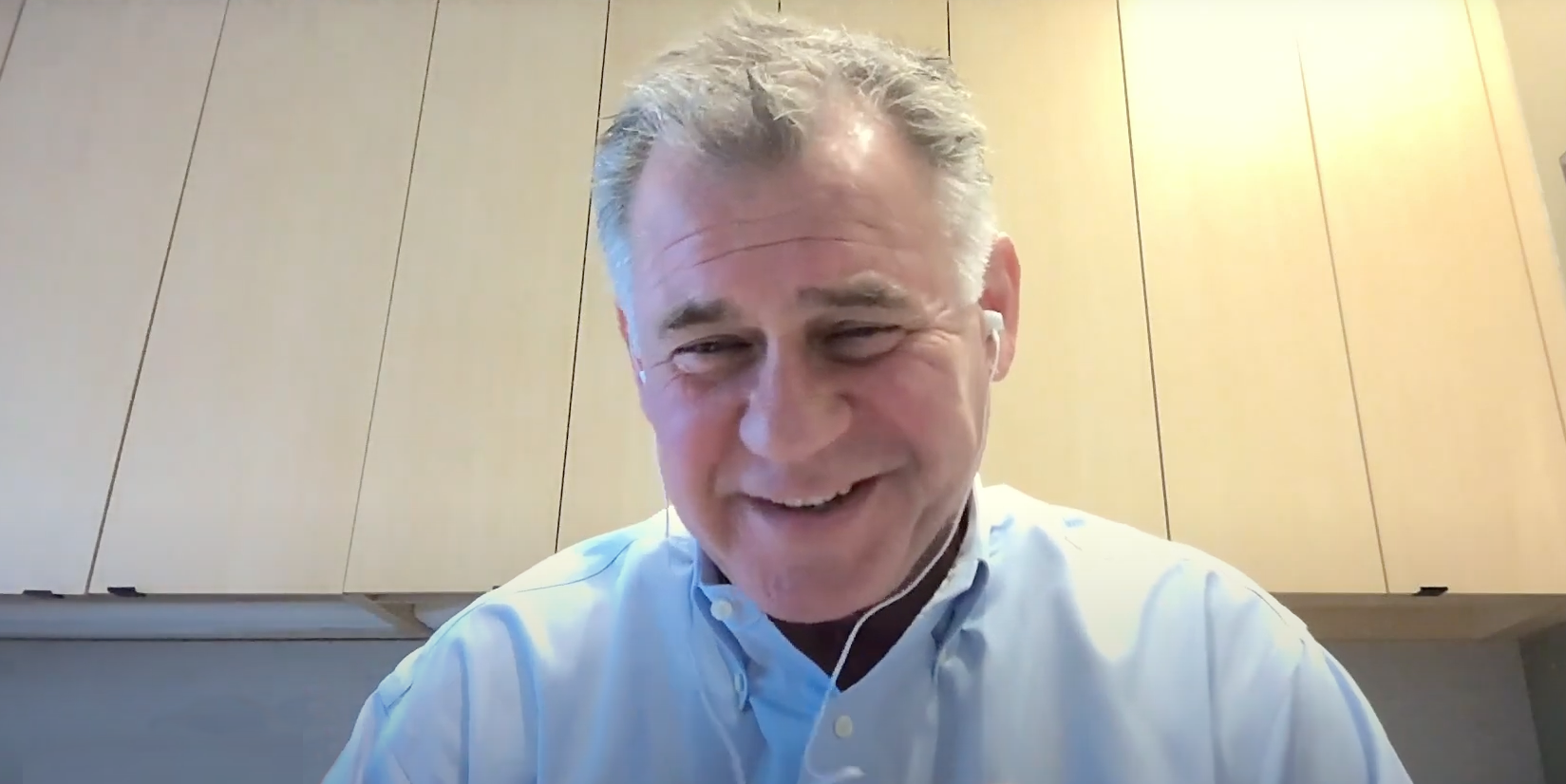Index
- Guest Bio
- Challenging the Status Quo in Leadership Development
- The Power of Executive Buy-In for Talent Development Programs
- Thinking Beyond Cohorts: A Vision for Flexible Leadership Training
- Learning from Setbacks: The Art of Over-Communication
- Ready to Push Boundaries?
- Resources & Links
- Key Takeaways
- Chapters
Guest Bio
Paul Moskowitz isn’t just another name in leadership development—he’s a master of reinvention. Throughout his career, Paul has revolutionized talent development programs by blending traditional approaches with innovative frameworks that address today’s rapidly changing business needs. His work underscores the importance of continuous learning, coaching, and fostering a strong feedback culture.
Paul’s leadership style exemplifies how adaptability and pragmatism can align management training strategies with measurable business outcomes. In this episode of Skilled, Paul shares his journey of innovation, boldness, and learning from setbacks.
Challenging the Status Quo in Leadership Development
Paul’s leadership journey has been defined by challenging outdated norms. While working at a major corporation, he noticed that traditional leadership training programs—rooted in mentorship under seasoned leaders—fell short of addressing modern challenges. “When the business evolves, replicating the past is no longer enough,” Paul said.
To address this gap, Paul layered on-the-job training and personalized skill-building into existing frameworks, creating adaptable and future-ready leadership pipelines. His approach demonstrates how rethinking management training can prepare organizations for the challenges of tomorrow.
The Power of Executive Buy-In for Talent Development Programs
Paul stresses that leadership and talent development programs thrive only with active support from senior executives. “Executive sponsorship isn’t passive approval—it’s active involvement,” he explained. By ensuring that leadership training aligns with business goals and has executive-level backing, Paul elevated the credibility and impact of his initiatives. This approach transformed leadership development from an HR-driven process into a business-critical strategy.
Thinking Beyond Cohorts: A Vision for Flexible Leadership Training
Traditional cohort-based programs often lack the agility to meet real-time organizational needs. Recognizing this, Paul developed a rolling program structure for leadership training, enabling participants to join as leadership gaps emerged.
“Cohorts are tidy, but business is messy,” Paul remarked.
This innovative model also incorporated external hires, enhancing the organization’s adaptability and diversity. By prioritizing flexibility and innovation, Paul demonstrated how talent development programs can meet evolving business needs.
Learning from Setbacks: The Art of Over-Communication
Paul’s honesty about his missteps makes him a relatable leader. One of his pivotal moments involved a communication breakdown that stalled a major initiative.
“If you think you’ve communicated enough, you haven’t. Say it again, and then say it again,” Paul reflected.
This lesson underscores the importance of over-communication in leadership. By fostering a feedback culture and ensuring alignment, Paul turned setbacks into opportunities for growth.
Ready to Push Boundaries?
Paul Moskowitz represents a new era in leadership training—one that champions adaptability, clear communication, and innovation. His commitment to continuous learning, combined with his willingness to challenge outdated practices, offers a roadmap for organizations looking to redefine their talent development programs.
Paul’s career is a testament to the power of embracing change and fostering a culture of coaching and collaboration.
Watch the full conversation here:
For a deeper dive into the conversation, listen to the full episode here:
Resources & Links
- Learn more about Paul Moskowitz
- Connect with Growthspace
Key Takeaways
- Double-Check Details: Always confirm key details—whether it’s a rental car or leadership alignment.
- Address Business Needs Directly: Tailor development programs to solve specific challenges.
- Innovation Requires Reinvention: Don’t discard traditions; adapt them to meet future demands.
- Executive Ownership is Vital: Active involvement from leaders drives program success.
- Prioritize Onboarding: A strong start ensures long-term impact for new leaders.
- Quick Wins Build Credibility: Early successes lay the foundation for larger initiatives.
- Communication is Key: Over-communicate to ensure clarity and alignment.
- External Hires Bring Value: Fresh perspectives enrich organizational innovation.
- Tailored Development Works: Customized programs are more effective than one-size-fits-all approaches.
- Learning from Mistakes is Crucial: Every setback is an opportunity for growth.
Chapters
- 00:00 Paul’s Travel Mishap: A humorous rental car mix-up teaches a lesson in attention to detail.
- 04:49 Success Stories in Talent Development: Paul shares insights into building impactful programs.
- 25:50 Lessons from a Missed Opportunity: The importance of over-communicating for alignment.
- 33:50 Advice for Future CHROs: Key strategies for onboarding and aligning leadership priorities.




